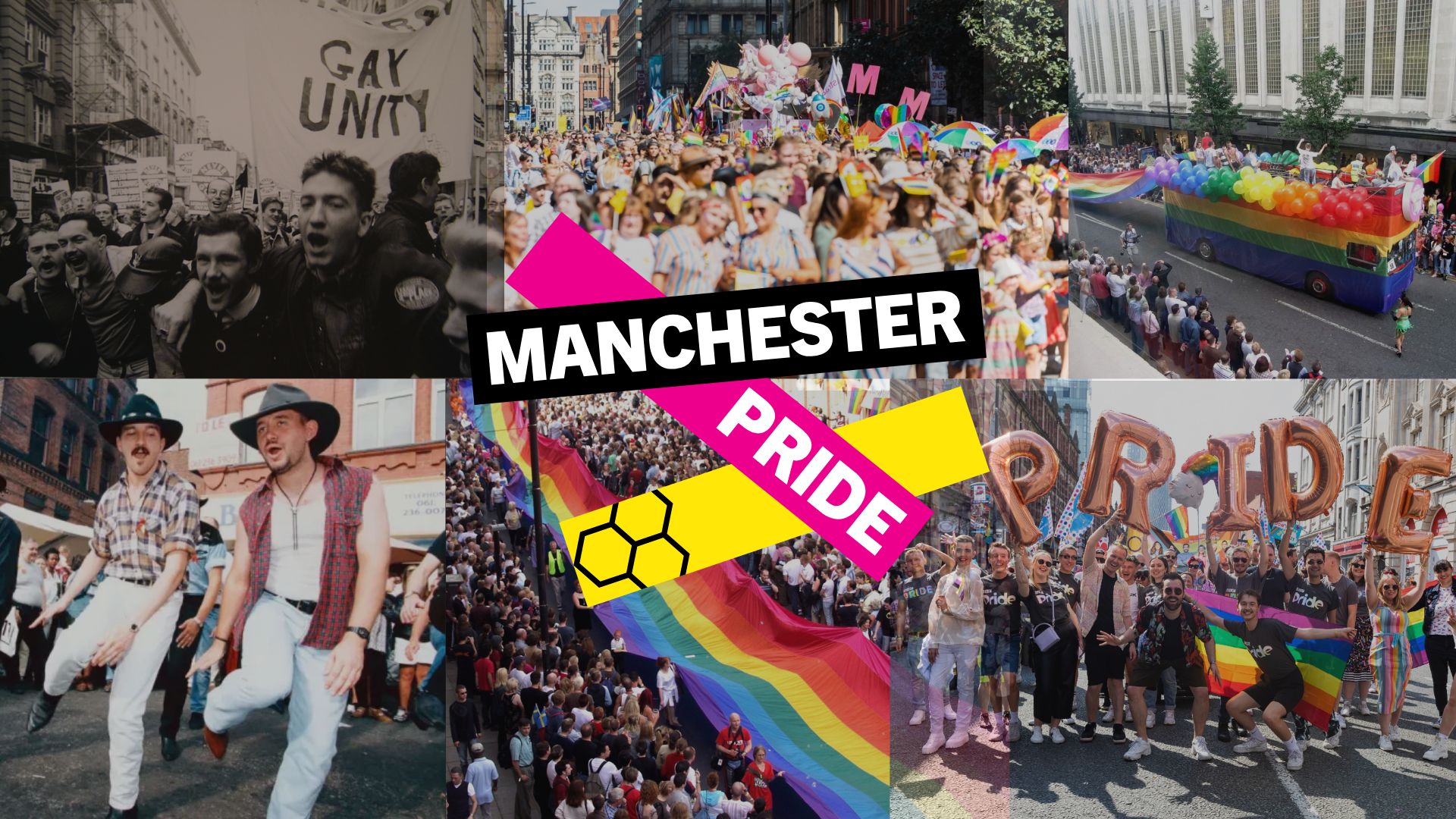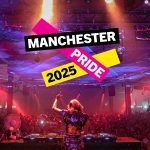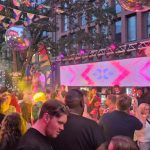The History of Manchester Pride: A Legacy of Protest, Celebration, and Progress
Manchester Pride is one of the UK’s most significant LGBTQ+ events, blending celebration with activism in a city long known for its progressive spirit. What began as a small grassroots protest has grown into an internationally recognised festival, but its roots remain firmly planted in the struggle for equality, visibility, and rights for LGBTQ+ people.
Origins: The Fight for Visibility (1980s–1990s)
The story of Manchester Pride begins in the late 1980s, a time when the LGBTQ+ community in the UK was fighting intense legal and social discrimination, particularly under Section 28, a law introduced in 1988 that banned the “promotion of homosexuality” by local authorities.
During this time, Manchester’s Canal Street was already a safe haven for the LGBTQ+ community, and it became the natural hub for activism. In 1989, the city saw one of its first major public LGBTQ+ events: a fundraising event called “The Manchester Gay Pub and Club Olympics”, raising money for HIV/AIDS causes.
This was soon followed by more structured celebrations and protests. By 1991, the event had become known as The Mardi Gras, and it was held to raise funds for local HIV/AIDS charities. This festival laid the groundwork for what would become Manchester Pride.
Growth and Formalisation (2000s)
In 2003, the festival evolved into what was formally called Manchester Pride, becoming more organised and expanding into a wider programme that included parades, parties, talks, and performances. The event developed a dual identity: one part celebration of LGBTQ+ culture, and one part political demonstration to push for further rights.
Manchester Pride’s signature Parade, which now draws tens of thousands of spectators, became a key symbol of LGBTQ+ visibility in the North of England. The Candlelit Vigil in Sackville Gardens also became a vital and moving part of the festival, held to remember those lost to HIV/AIDS and to reflect on the continued fight for equality.
A Cultural Powerhouse (2010s)
Throughout the 2010s, Manchester Pride became a cornerstone of the city’s cultural calendar. Headline acts like Ariana Grande, Years & Years, and Melanie C performed on Pride stages, drawing global attention.
At the same time, Pride’s role was scrutinised, especially regarding commercialisation and inclusivity. Activists questioned whether Pride had strayed too far from its protest roots. These debates led to important internal reflection and adjustments to ensure the event remained community-focused and politically relevant.
In 2019, Manchester Pride moved its music events to Mayfield Depot, a change met with mixed reviews but also showing the organisation’s willingness to evolve. That same year, Ariana Grande headlined the first-ever Manchester Pride Live, marking two years since the tragic Manchester Arena bombing, and reinforcing the emotional connections between the city, its communities, and its resilience.
Manchester Pride Today
Today, Manchester Pride continues to evolve. It’s no longer just a weekend event, but a year-round organisation advocating for LGBTQ+ rights through campaigns, education, and grants. It supports local grassroots charities, youth services, trans rights, and HIV awareness.
In recent years, Manchester Pride has taken further steps to reflect on its direction, listening to community feedback and reaffirming its commitment to activism and inclusion. This includes efforts to decolonise Pride, make events more accessible, and better support marginalised identities within the LGBTQ+ spectrum.
A Lasting Legacy
Manchester Pride is more than a festival; it’s a reflection of a city’s enduring commitment to equality, solidarity, and change. From its origins as a small protest during the AIDS crisis to today’s multi-day celebration of identity, Manchester Pride continues to honour its history while striving to be a force for good in the present and future.
As the event grows and adapts, one thing remains clear: Pride is protest, and in Manchester, that protest will always be loud, proud, and powerful.



